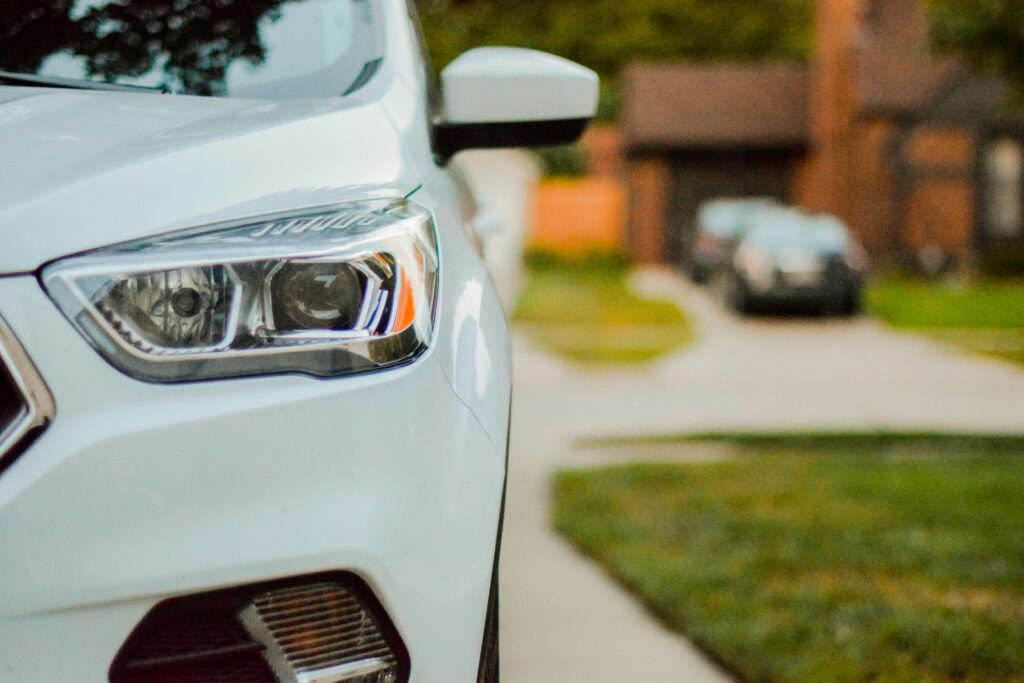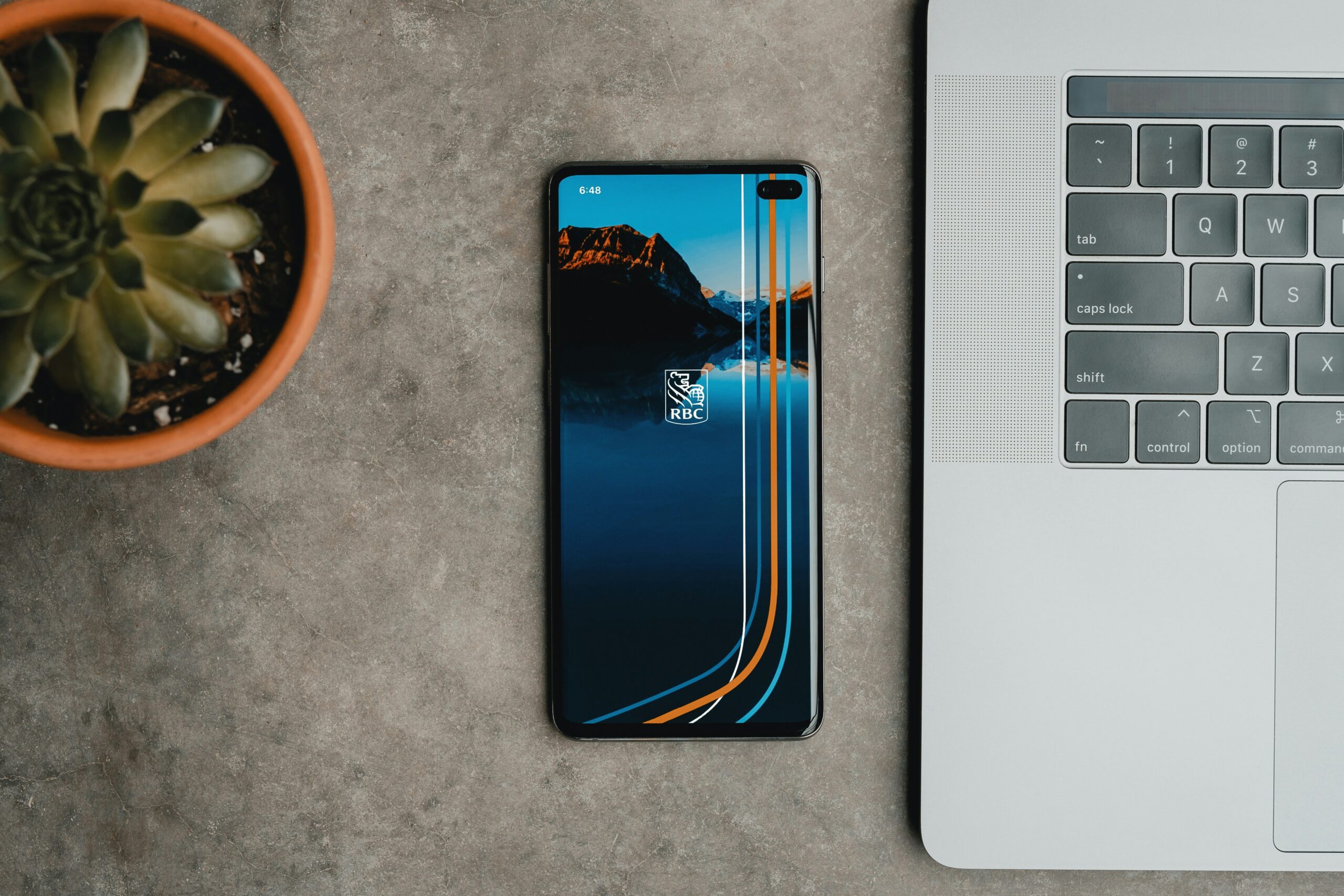In the dynamic world of freelancing, understanding the ins and outs of media liability insurance is crucial for safeguarding your career. “What Freelancers Need to Know About Media Liability Insurance” provides a comprehensive look at the essentials of this specialized coverage, helping you navigate potential risks associated with creative and journalistic work. This article explains how media liability insurance can protect you from claims of defamation, copyright infringement, and other legal issues that could arise from your published content. By getting acquainted with these insurance details, you can focus more on your craft and less on what could go wrong, ensuring your freelance journey remains smooth and secure. Have you ever wondered why some freelancers emphasize the importance of having media liability insurance?
Diving into the world of freelancing can be incredibly exciting and rewarding, but it also comes with its unique set of challenges and risks. One area that you might not have considered is media liability insurance. Let’s walk through why this type of insurance is crucial for freelancers, especially those working in the media space.
What is Media Liability Insurance?
Media liability insurance, sometimes referred to as errors and omissions insurance, is designed to protect professionals in the media industry from claims related to their work. This could include claims of defamation, invasion of privacy, copyright infringement, or other violations that could arise from the content they create or distribute.
Why is it Important for Freelancers?
As a freelancer, you don’t have the umbrella of a large company to protect you from potential legal issues. Media liability insurance provides a safety net that can cover legal fees, settlements, or damages you may be required to pay if you’re sued over your content. This safeguard allows you to focus on your work without constantly looking over your shoulder.
Real-World Scenarios
Let’s paint a picture with some real-life scenarios where media liability insurance comes into play:
Defamation Claims: Imagine writing an article that unintentionally disparages a person or company. If they sue you for defamation, the legal costs could be substantial even if you eventually win the case.
Copyright Infringement: You might use a photograph or a piece of music you found online, thinking it’s free to use, but it turns out to be copyrighted. The owner can sue you for using their work without permission.
Invasion of Privacy: If you publish a story or photo that someone claims violates their privacy, you could end up in a legal battle.
Each of these scenarios highlights why having media liability insurance is not just a good idea—it’s essential for protecting your freelance business.
Key Features of Media Liability Insurance
When looking into media liability insurance, it’s important to understand what exactly is covered. Here are some key features you should be aware of:
Protection Against Legal Claims
This insurance primarily covers legal claims that are specific to the media and content creation industry. It includes coverage for:
- Defamation and Libel: Protection against claims that your work has harmed someone’s reputation.
- Invasion of Privacy: Safeguarding you from lawsuits claiming that you violated someone’s privacy rights.
- Intellectual Property Infringement: Covers claims that you used someone’s copyrighted material without permission.
Legal Defense Costs
One of the major benefits is that it can cover the costs associated with defending yourself against a claim. Legal battles can be expensive and time-consuming, so having this kind of coverage can be a financial lifesaver.
Settlements and Damages
In cases where you are found liable, media liability insurance can cover the settlement costs or damages you are required to pay. This can save you from potentially crippling financial situations.
Additional Benefits
Some policies also offer additional benefits, such as:
- Crisis Management: Assistance with managing your public relations and communication strategy in the event of a major claim.
- Reputation Management: Services to help restore your professional reputation after a claim has been made.

Who Needs Media Liability Insurance?
While media liability insurance is crucial for anyone in the media industry, there are specific freelance roles where it becomes especially important.
Freelance Journalists
As a freelance journalist, you’re regularly writing and publishing stories. This opens you up to potential defamation claims and privacy issues. Media liability insurance can provide a backstop in case your work gets challenged.
Freelance Photographers and Videographers
You’re constantly capturing and sharing images and videos. If you inadvertently infringe on someone’s intellectual property or privacy, media liability insurance can help cover the costs of any resulting legal battles.
Content Creators and Influencers
If you produce content for platforms like YouTube, Instagram, or a personal blog, you might be using various media assets. Media liability insurance can protect you from claims related to copyright infringement or unauthorized use of someone else’s work.
PR and Marketing Professionals
As someone who shapes public images and marketing strategies, you might face legal challenges regarding the claims you make about your clients or the materials you use in campaigns. Media liability insurance is a safety net to cover these risks.
Choosing the Right Media Liability Insurance
Selecting the right media liability insurance policy requires careful consideration of your needs and the specific risks associated with your work. Here are some tips to help you choose the best coverage:
Assess Your Risk
Evaluate the types of content you create and the potential risks involved. Are you more prone to defamation claims, or is copyright infringement your main concern? Understanding your unique risks will help you determine the coverage you need.
Compare Policies
Look at multiple insurance providers and compare the specific coverage options, limits, and exclusions. It’s essential to understand what is and isn’t covered by each policy.
Seek Recommendations
Talk to other freelancers in your industry about their experiences with media liability insurance. They might have valuable insights or recommendations for reputable insurance providers.
Consult an Insurance Broker
An insurance broker can help you navigate the complexities of various policies and find one that suits your specific needs. They can offer expert advice and may also have access to better rates.
Read the Fine Print
Before committing to a policy, make sure you thoroughly read and understand the terms and conditions. Be aware of any exclusions or limitations that might affect your coverage.

Cost of Media Liability Insurance
The cost of media liability insurance can vary significantly based on several factors. Understanding what influences these costs can help you budget for this essential protection.
Factors Influencing Cost
- Type of Work: The kind of content you create influences the level of risk and, consequently, the cost of insurance. For example, investigative journalists might face higher premiums due to the higher risk of defamation suits.
- Coverage Limits: Higher coverage limits will generally result in higher premiums. Decide how much coverage you need based on your risk assessment.
- Deductibles: Policies with lower deductibles tend to have higher premiums. Determine how much you can afford to pay out-of-pocket in the event of a claim.
- Annual Revenue: Insurance providers often consider your income to gauge your risk and the potential exposure.
- Claims History: If you have a history of claims, your premiums might be higher.
Average Costs
While costs can vary, freelancers can expect to pay anywhere from a few hundred to several thousand dollars per year for media liability insurance, depending on the factors mentioned above.
Cost-Benefit Analysis
Consider the cost of insurance against the potential financial impact of a lawsuit. Even a single legal claim can cost tens of thousands of dollars in legal fees and settlements, making the cost of insurance a wise investment.
How to File a Claim
Should you ever need to file a claim, understanding the process can help ensure a smooth experience.
Immediate Steps
- Document Everything: Keep detailed records of the incident, including dates, times, and all communications.
- Contact Your Insurer: Notify your insurance provider as soon as possible. They will guide you through the next steps.
- Seek Legal Advice: Consider consulting with a lawyer to understand your rights and obligations during the claims process.
Claims Process
- Filing the Claim: Submit a detailed claim form along with any supporting documentation.
- Investigation: The insurance company will typically investigate the claim to determine its validity and the extent of coverage.
- Resolution: Once the investigation is complete, the insurer will decide on the claim and inform you of the outcome. If approved, they will cover the costs as outlined in your policy.
Denied Claims
If your claim is denied, you have the right to appeal. Ensure you provide as much evidence as possible to support your case and clearly explain why you believe the claim should be covered.

Final Thoughts
Navigating the world of freelancing involves taking on multiple roles, and each comes with its own set of risks. Media liability insurance is a crucial tool in your freelance toolkit, providing financial protection and peace of mind. By understanding the importance of this insurance, the key features, and how to choose the right policy, you can safeguard your freelance business against potential legal pitfalls.
Remember, freelancing offers incredible freedom and flexibility, but with that comes responsibility. Protect yourself from unforeseen issues that could derail your career. Whether you’re just starting out or have been freelancing for years, investing in media liability insurance is a decision that can save you a lot of headaches—and potentially a lot of money—in the long run.
Stay safe, stay insured, and continue to create amazing content. Happy freelancing!

